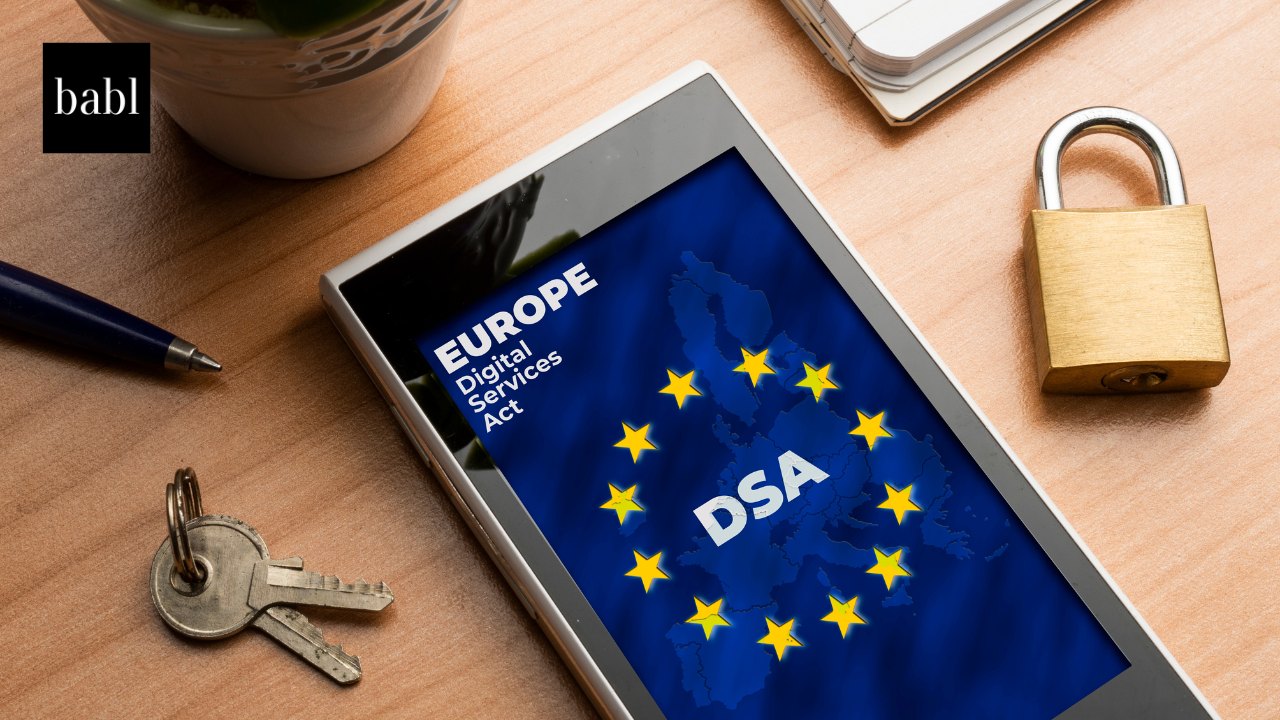UPDATE – JUNE 2025: The Digital Services Act (DSA) is now fully in force across the European Union. While its obligations first took effect for VLOPs and VLOSEs in 2023, all digital services operating in the EU—regardless of where they’re based—must now be in full compliance with DSA requirements. If your company offers digital services in the EU, it’s essential to evaluate your risk posture and governance procedures immediately. Explore how BABL AI helps businesses meet DSA compliance with independent audit and advisory services.
ORIGINAL BLOG POST:
Things to know when preparing for the Digital Services Act (DSA)
While the European Union’s Digital Services Act (DSA) is currently in effect for very large online platforms (VLOPs) and very large online search engines (VLOSEs), it is only a few months away from being fully applicable to other entities. The DSA will unleash its complete regulatory impact on February 17, 2024, encompassing services, marketplaces, and online platforms offering services in the EU, irrespective of their physical location.
This implies a global impact of the DSA, affecting companies providing diverse digital services, such as cloud services, data centers, content delivery, search engines, social media, app stores, and more. Online platforms and service providers will be required to designate a contact person to engage with authorities in EU member states, the European Commission, and the European Board for Digital Services. Furthermore, platforms must establish procedures to address illegal content as defined by national laws. Upon notification of such content, platforms are obligated to promptly inform the relevant authority about the actions they intend to take to resolve the issue.
To prepare for the implementation, organizations should undertake several key steps. First, determine if the DSA applies to your organization and analyze its potential impact on operations and stakeholders. Second, review current policies and procedures against DSA requirements to identify and address any gaps. Third, scrutinize existing data protection measures for both organizational and third-party data to ensure alignment with DSA standards. Fourth, identify key regulatory authorities and establish open communication channels for reporting and notifications. Fifth, educate your employees on DSA requirements, emphasizing their importance and best practices for compliance. Sixth, conduct risk assessments and audits to ensure compliance with DSA standards while establishing an effective complaints mechanism.
The DSA introduces several other requirements, including transparency obligations, providing information on online advertisements, dispute report submissions, crisis response measures, etc. Compliance is paramount, especially since non-compliance could result in a penalty of up to 6% of annual worldwide revenue. Companies and platforms may also face civil suits and liabilities.
For assistance in navigating DSA compliance, reach out to BABL AI. One of their audit experts can provide valuable guidance and support before the DSA goes into full effect.





